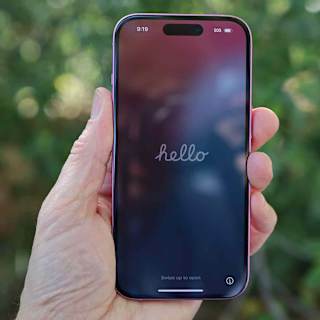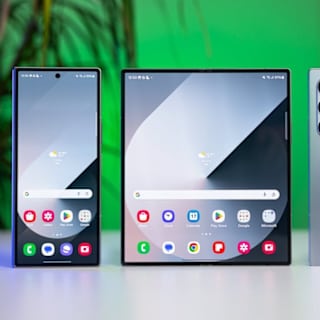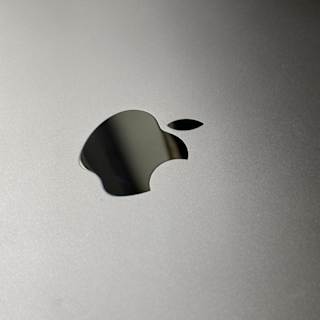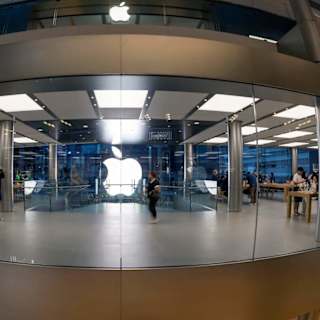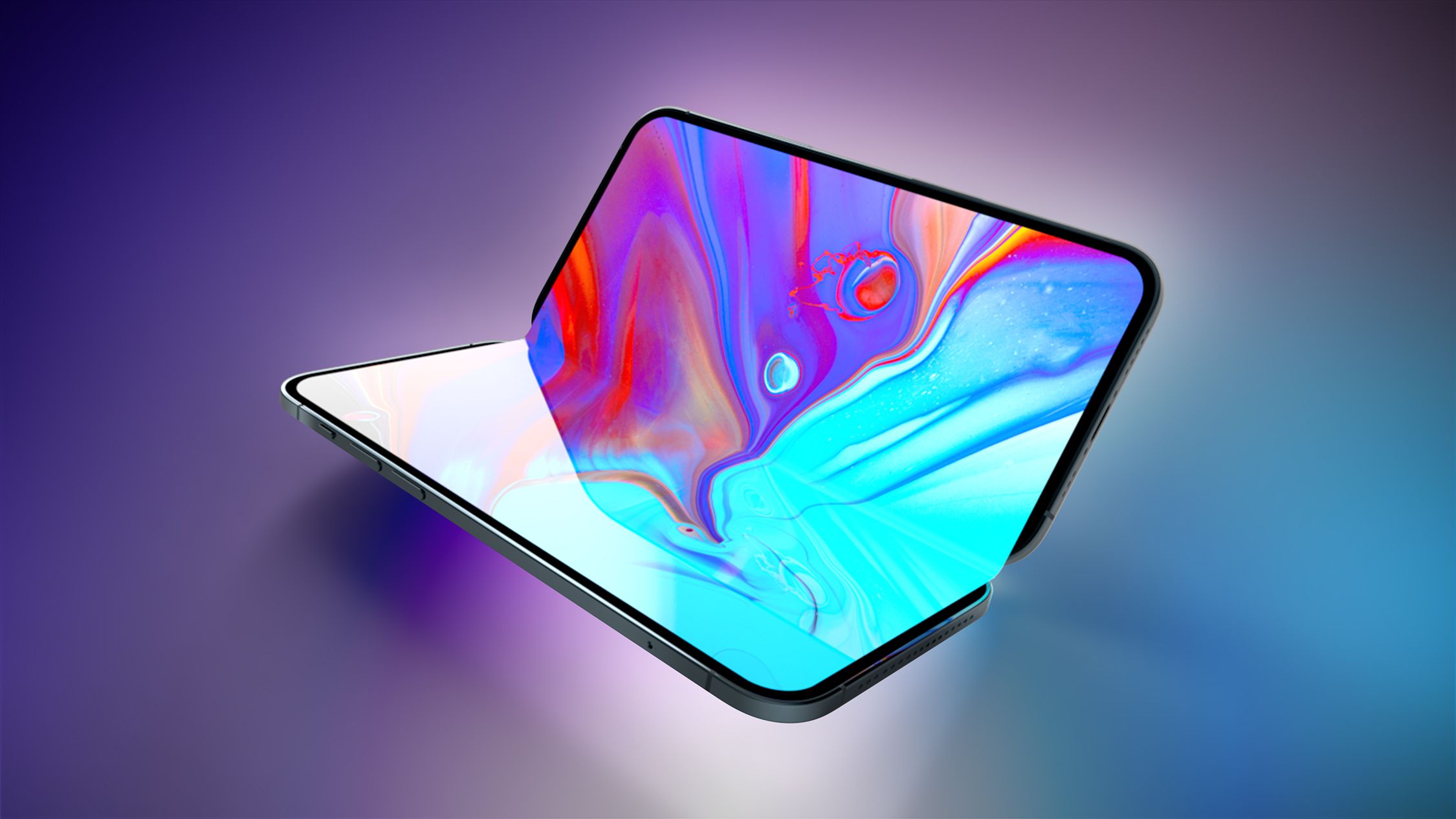- Development Timeline Mirrors Standard Process
- iPad Development Paused Amid Technical Hurdles
Apple moved its long-awaited foldable iPhone into the prototyping phase with suppliers last month, marking a concrete step toward the company's entry into the folding smartphone market. The device, targeting a launch in the second half of 2026, entered the initial Prototype 1 phase in June and is expected to complete prototype testing by year's end before advancing to engineering verification, according to supply chain sources speaking to DigiTimes.
The development represents Apple's most tangible progress yet on a foldable device, coming as competitors like Samsung prepare to launch their seventh-generation foldable phones next week. Apple's timeline suggests the foldable iPhone will debut alongside the iPhone 18 series in fall 2026, potentially reshaping the premium smartphone landscape.
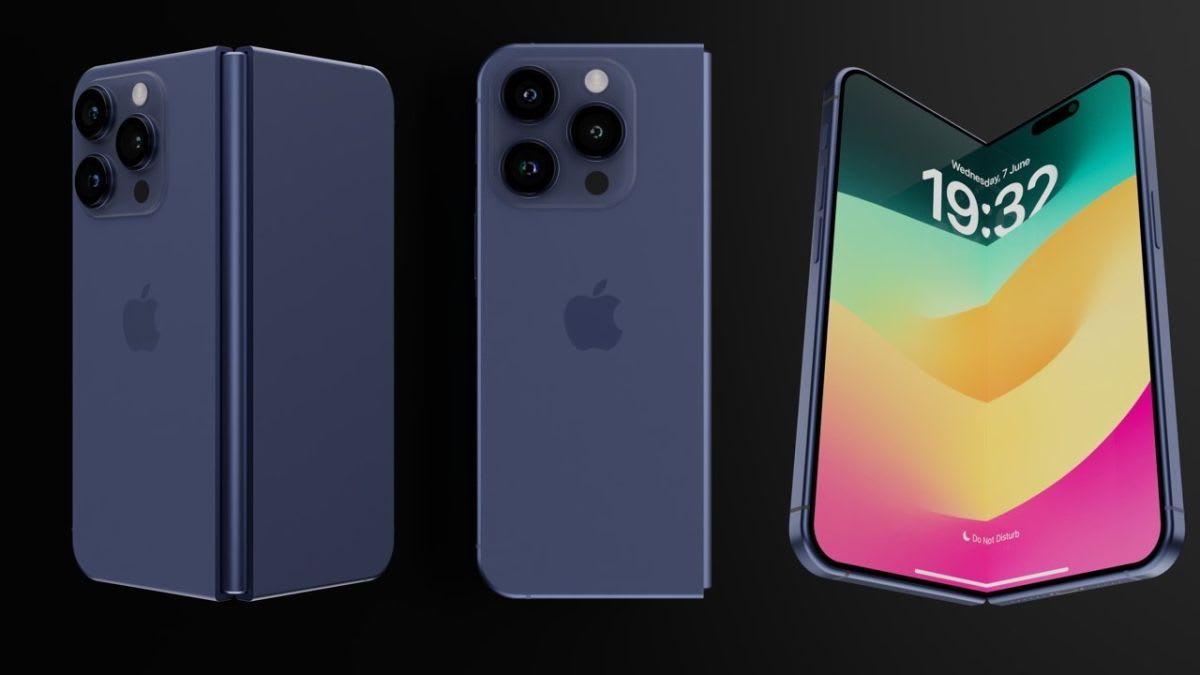
The foldable iPhone will progress through Apple's standard development phases, with each of the three prototyping stages taking approximately two months1. During this period, supply chain partners will conduct limited trial runs before handing assembly responsibilities to primary iPhone manufacturers Foxconn and Pegatron, who will validate production yields and manufacturability1.
"The development status of the first foldable iPhone is now in line with the timeline of its other products," according to MacRumors, noting that the iPhone 17 lineup concluded its engineering verification phase in the second quarter of this year1.
Apple supplier Foxconn is expected to begin official production in late September or early October 2025, with many component specifications still under development, according to analyst Ming-Chi Kuo2. Samsung Display will produce the foldable screens, with Kuo projecting seven to eight million panels for 20262.
Apple has temporarily halted development of a companion foldable iPad, originally planned to launch around the same timeframe as the phone12. The decision stems from manufacturing difficulties, increased production costs related to flexible display technology, and concerns about consumer demand for large-screen foldables, according to DigiTimes1.
The pause underscores the technical challenges Apple faces in perfecting foldable technology. The company has invested considerable effort in hinge design and aims to eliminate the visible crease that plagues current foldable devices2.
Supply chain sources remain cautiously optimistic, noting that Apple can still change course during prototyping. "Only once the foldable iPhone reaches the EVT phase will mass production be certain," BGR reported, citing the device's five-year development timeline2.
